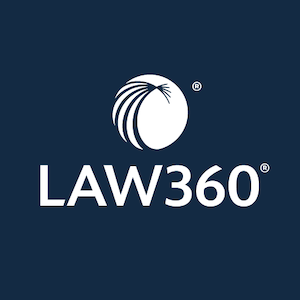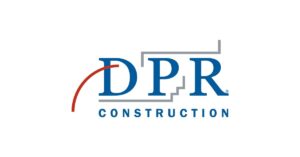Authors Pursue Victory in Direct Infringement Claims Against Meta AI

Authors Challenge Meta Over Copyright Infringement
A group of esteemed authors has recently taken a stand against Meta, the parent company of social media platforms like Facebook and Instagram, in a copyright infringement case. They are accusing Meta of unlawfully using their copyrighted works to train its artificial intelligence (AI) model, known as "Llama." The authors’ claims center around the allegation that Meta used extensive databases filled with pirated content, which includes works authored by prominent figures, including Supreme Court justices.
Key Allegations Against Meta
Direct Copyright Infringement: The authors assert that Meta has directly infringed upon their copyrights by utilizing their works without permission. This involves both literary content and databases that were created and protected under copyright law.
Scope of the Infringement: The authors argue that the amount of material that Meta used is vast and significantly impacts their rights. They contend that the AI tool Llama was trained on a "massive" collection of protected material, which raises concerns about fair use, consent, and intellectual property rights.
- Utilization of Pirated Content: According to the plaintiffs, the databases employed by Meta included works that were obtained illegally. This accusation emphasizes the gravity of the issue, as using pirated works not only violates copyright laws but also harms the authors financially.
The Importance of Copyright Protection
Copyright laws are designed to protect the rights of creators, allowing them to control the use and distribution of their works. When companies like Meta employ copyrighted materials without proper authorization, it raises significant ethical and legal questions. The implications of this case extend beyond individual authors and touch on broader issues of how AI models are developed and the sources they use for training.
Authors’ Social and Economic Rights
The authors involved in this case stand for the rights of all creators whose works may be used without compensation or credit in the burgeoning field of artificial intelligence. The outcome of this lawsuit may serve as a precedent for future cases involving AI development and content usage. It underscores the crucial balance between technological advancement and the rights of intellectual property holders.
Why This Case Matters
The implications of this legal battle are far-reaching:
- Impact on AI Development: If the authors prevail, it could lead to stricter regulations on how AI developers source their training data, fundamentally altering the landscape of the technology industry.
- Rights of Creators: The lawsuit shines a spotlight on the necessity of respecting intellectual property rights in a digital age where content is easily accessible and often mishandled.
- Public Awareness: This case increases public awareness about copyright issues and the potential misuse of creative works in technology development.
Current Situation
As the case progresses through the legal system, both sides are preparing to present their arguments. The authors are seeking legal recognition of their claims, while Meta is likely to defend its practices by arguing the legality and methodology behind its data usage. It remains to be seen how the courts will interpret the laws related to copyright in the context of modern technology.
Final Thoughts
The ongoing case between the authors and Meta is a significant moment in the ongoing dialogue about copyright, technology, and the rights of creators. As digital tools and AI continue to evolve, the legal environment around these technologies will need to adapt, ensuring fairness and protection for all creators. This situation is a vivid reminder of the intricate relationship between innovation and intellectual property rights.






